How to create an Academic Game Plan for your players

Losing players to grades is a travesty.
Now, as a coach you can’t be the one to go and do your players’ homework or go to class. And you also can’t just tell your players to “do better” or “pay attention in class.”
But if you’re the Head Coach of your team, you are the one responsible for establishing a plan that sets your players up for success.
You must learn how to reach the player by helping them realize their “why,” help them organize their schoolwork, and then teach them study skills.
Your players are under your guidance for many, many hours and you have a great opportunity to help them understand the benefits of an education.
So, like all things, a plan of action is essential.
Here’s what we do:
1. Form Team into Small Groups
Every year, we have leaders on the team who will meet with me every week to discuss and learn leadership. As a way to practice this leadership, we have a little draft party with some pizza and sodas where the leaders of the team draft players on the team into their small groups.
The leaders aren’t just responsible for these guys in their stretch lines, but also for collecting their grade checks, running the fundraising, and communicating to the coaches when one of their guys is missing.
Not only does this save you some time, but this is a powerful tool to have your leaders practice their leadership. You’ll teach your leaders how to connect with the people in their group who they might never would have ever spoken a word to. This also teaches the people in the group that people count on them and they’re apart of something bigger than themselves.
2. Teach Study Skills
When a players hands you a grade check and you see three F’s, you can’t just say, “Johnny, this is horrible, you need to do your homework and pull this up!”
That does absolutely no good for anyone.
You’ve got to find out why he has an F.
There are usually two reasons: he either is lazy or doesn’t know how to study.
You’ve got to find the time in your program to reach into your players’ lives and teach them how to do their school work.
In January when the off-season gets rolling and also in August, right before the season, we teach our players with handouts and instructional videos important information about doing well in school.
We also will do binder checks every single week in the season to make sure they are collecting all their assignments and staying organized.
We are also doing grade checks all year long, not just at the end of the year when we’re panicking to see if we’ll have our best players eligible for next year.
Because think about it: what message are you sending to your players when you only check grades right before the grades come out?
You’re telling them that you only care about them as a football player.
You’ve got to show them that you care about all the other things too, like their success in school and their character.
Now, this can be time consuming and difficult, but this is part of what we let our player leaders do and sometimes we’ll get help from a non-coach.
3. Have a Plan for Failing Kids
What do you do when a kid is failing a class?
Now, most of the players who are failing are doing so because they’re simply not turning in their work, but the three or five that are seriously having trouble in a class need your extra attention.
You can reach out to the variety of tutoring programs that exist as well as a retired teacher. Reach out to your principal and learn about all the academic tools available in your area.
Another great tool is just a simple study hall.
I hope you already have this in place, but make sure you have one that is long enough to be effective and at a place your players will truly be able to get work done.
Final Thoughts
Helping your kids succeed on the field is hard work, and helping them in the classroom might be even harder.
I really struggled with this part of the job until my assistants finally pulled me aside and volunteered to take some of the workload off my plate. There was so much work and I wasn’t delegating like I should have been.
But trust me, you don’t want to be the coach who says “we believe in building young men” but then all your energy goes into building your playbook.
And don’t think I’m throwing stones at you. I was just like that.
For five years I was all about Xs and Os and didn’t put my energy into helping our players off the field.
But just like I was able to turn my mindset around, you’ve got to flip your attention to your players off the field.
Because to be honest, the playbook will take care of itself if you focus on taking care of your players whether that be in the classroom or the weight room. Those environments will allow you to teach them skills like hard work and great study habits.
When you help foster an environment where there’s love in the locker room, you get great effort at practice, and the players are great tacklers and blockers, then it really doesn’t matter what the scheme is.
The reality is that if there were a “championship scheme,” then we would all be running it.
But people win championships with all different offenses and defenses.
So, as fun as the Xs and Os are, you’ve got to learn to put your energy in developing your kids and teaching them to be great young men.
I hope you’re encouraged by this article, and please reach out to me if you have any questions about things you can do to help your players succeed in the classroom.
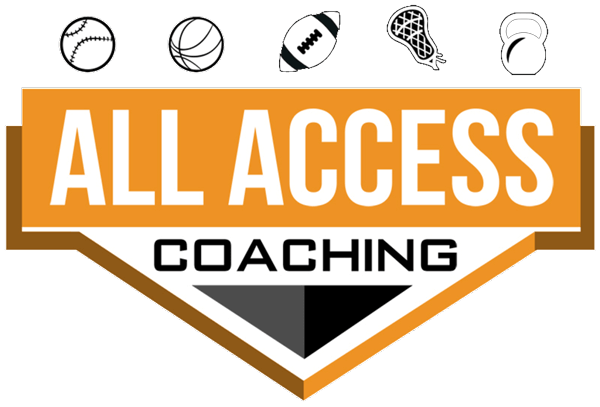
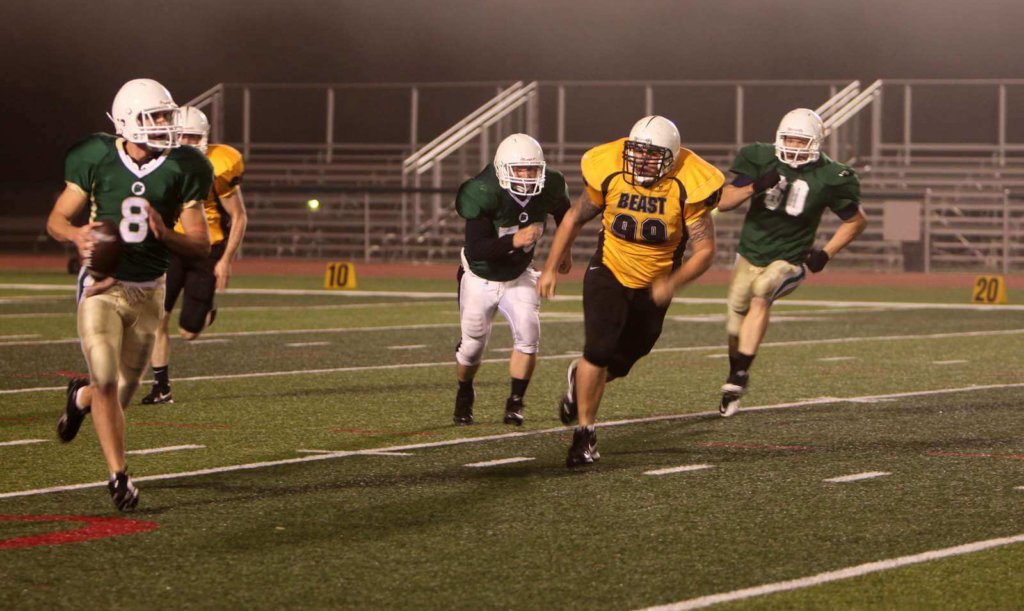
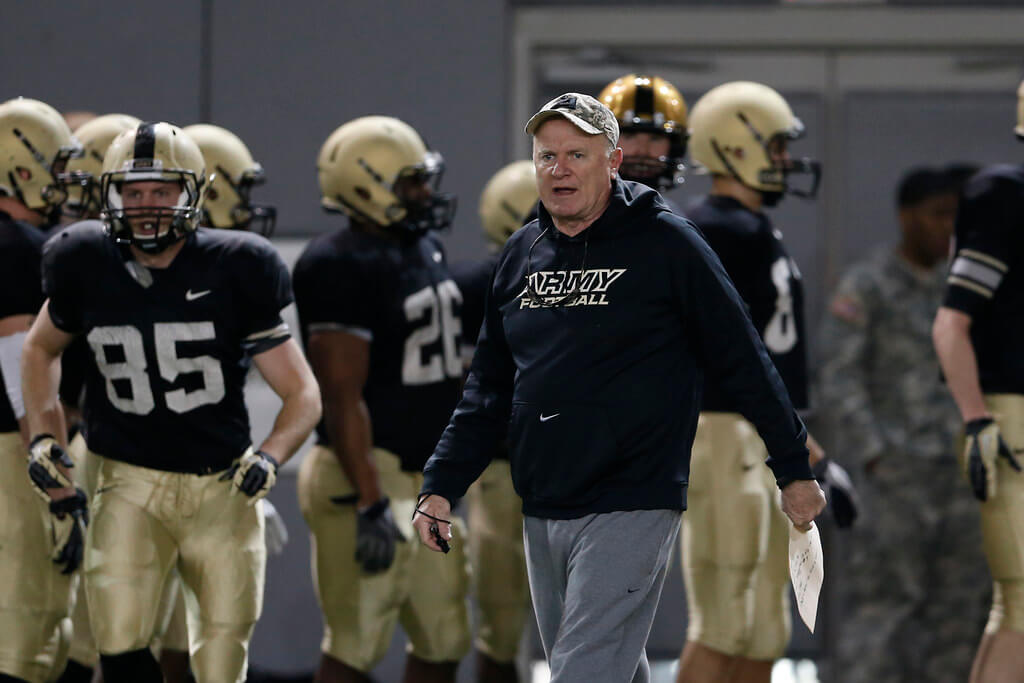
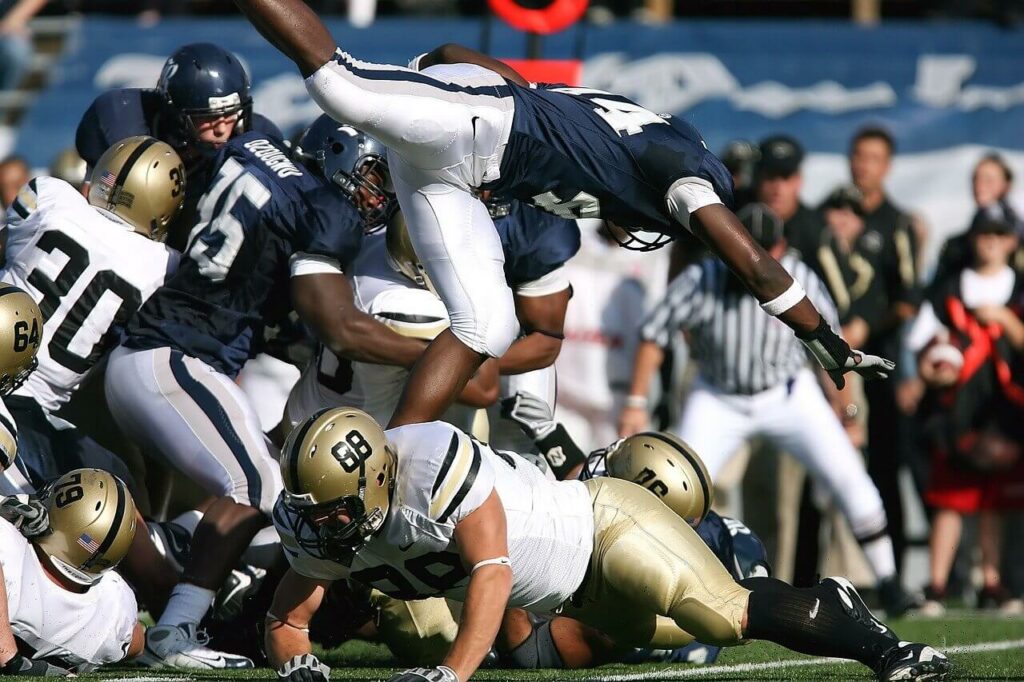
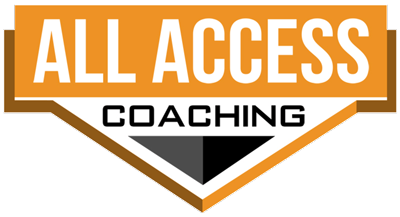
Responses